I saw someone complete this challenge on Facebook and as an English-major-for-life I was super intrigued. This is not your run-of-the-mill spam chain. This is book business!
I started at the bottom and then I decided to list them all before I kept writing about them and now, looking over this list, it looks a little…artificial. So I want to explain my decisions and why maybe these big-name books opened the door to so many other books.
While I was making this list I tried not to just think about “favorite books” (though of course there’s overlap) but really address the question: influential. What books changed me? Changed the way I looked at the world? At myself? Which set off a chain of reactions? Influenced my interests? In order to think about these questions, many of the books ended up being ones that I read when I was younger so that I could actually reflect on the how they changed me.
Plus, I guess, I do read a lot of canonical works.
I usually also forgo ranking system on Laziness Principles, but I’m actually going to try to rank them! I would love to hear your most influential books too.
Bear with me guys, my most influential books:
10.
Outliers by Malcolm Gladwell.
At this point this book has become a bit of a cliche and the many Actually Guys have deadened my enthusiasm for this book, but if I think about the way this book made me feel while I was reading it–it makes the list. Happy! Motivated! Moved! And yes–I’ll say that most loathsome word: inspired! I really like Gladwell’s writing and I’m happy enough to be introduced to new ideas that I can continue to explore more deeply. I remember in particular (and maybe you remember me writing about it) how incredibly touched I was about the section in the back about education. Oh my goodness how much I love the idea of equal opportunity and quality of education for everyone. And with an emphasis on creativity and the arts?! Take me now.
It is because of this book…I continue to read popular psychology books religiously and look forward to seeing the consequences of the actions I’m taking today. In fact, this is the only book from the list that read after graduating.
9.
Gulliver’s Travels by Jonathan Swift.
I read this book in undergrad, or rather, I read most of it and then re-read it after I graduated. I enjoyed it, but didn’t have enough time during the school year to read it thoroughly. But I kept thinking about it after I graduated and so felt compelled to do it justice and really read the whole thing.
It is because of this book...that I have this persistent metaphor for these key parts of life that I question. Things that come up and—time and time again—I am reminded of the Lilliputians, the Brobdingnagians, or the city of Laputa. For instance, sometimes when I think academia is getting too far removed from helping real people with real problems (coughGRADSCHOOLcough) , I think about The Grand Academy of Lagado and worry that people are trying to extract sunbeams out of cucumbers.
I wonder if I’m being too simple or complex, if I’m missing the bigger picture (or if other people are). It’s funny how a book can provide frames for understanding the world.
And by funny, of course, I mean really wonderful.
8.
The Jungle by Upton Sinclair.
Such a strong book to me in many ways. It is of course one of those books where you experience outrage and helplessness while you’re reading it. I was in middle school when I read this and I was just starting to read books that I connected as firmly rooted in history. No metaphors about this one. I liked reading about families in struggle, but this was so severe in the fact that things would just not get better.
It is because of this book...that I learned the power of a book to paint history and influence the future. I learned afterwards that this book incited reformation to the meat packing industry. It’s tremendous that communicating the situation differently, through art, could push the public to create change. Thank you, Evan, for recommending the book. And I’m including the gorgeous copy that I found at a used book store.
7.
Animal Farm by George Orwell.
You see how much the books you read for school influence you? I liked this book, but it’s not one of my all-time favorites. However, I believe that this book was a gateway book to the many distopia books I read in middle school. I was a charming tween, wasn’t I? 1984, Brave New World…and this considerably less well known book The Cure (which I find myself thinking about the most out of all them). I had this background, if you will, in distopia that I think helped me understand complex books like like Catch-22 (which I do love) later when I didn’t have a teacher to walk me through what was happening (not that Catch-22 is a distopia book)
It is because of this book...Hmmm, here is where my naivety shows: I think that after reading this book I had this idea of the potential (or real) faults of mankind and, because of this awareness, I feel like I have been weary of extremes.
On the other hand, this is the first time I’ve every tried to put into words how these books might have influenced me. Maybe they just made me an angsty teen.
6.
Musicophilia: Tales of Music and the Brain by Oliver Sacks.
This is an interesting book on the list because, I’ll have to admit I didn’t read the whole thing. I used it to write a paper and so only picked out bits and pieces, but I really liked it. I found myself reading parts out loud to my friends or telling them anecdotes from the book. Sacks is a neuroscientist who writes about the most interested anomalies in the brain. I’m a big fan and have read some of his other books afterwards like Hallucinations and The Island of the Colorblind. The Man Who Mistook his Wife for a Hat has literally be on my to-read list since I was 15 and I learned what synesthesia is (before I knew who Sacks was).
It is because of this book…that I realized that non-fiction/science books could be approachable. Silly, I know, but I had only been reading textbooks and dense articles for school and then all the sudden here were these simple fascinating case studies told like stories!
Ok, perhaps labeling it as ‘science’ is a bit generous, again it’s ‘popular science,’ but still! I read this book before Outliers and if hadn’t, I don’t know when I would have attacked the non-fiction section the vigor I do today.
5.
Oliver Twist by Charles Dickens.
What can I say? Charles Dickens is one of my favorite authors and this was the first book I read by him. Of course I liked it. Plus, rags-to-riches story? SIGN LOWER-INCOME-YOUNG-JACKLYNN-ME UP. I will 100% admit that reading Dickens isn’t that easy for me, the language that I so-much love is also hard for me to read with my stupid human eyes and puttering comprehension so I usually listen to Dickens on audiobook in order to just have the story wash over me–Although I actually read-read Oliver Twist first, I’m pretty sure.
What I love about Dickens is his characters and his words. I remember vividly being so excited about the some of the phrases Dickens’ used and showing them to my friends (the word ‘perusal’ comes to mind). I love his sense of humor and, when I step back, the scenes I see. I liked the way the sentences, though long, fit perfectly in your mind. I liked that you had to follow them around like snake to get to the point sometimes. And to me, that was part of the humor of his writing. I think he’s influenced the way I write.
It is because of this book….that I relish opportunities for description and am intrigued by characters of all sorts. I mean, maybe (probably) real, smart, Englishy people would disagree at my analysis of his text, but I think Dickens gave me a permission to be as verbose as I am :).
4.
The Hitchiker’s Guide to the Galaxy by Douglas Adams.
Another fan favorite. Fan=me. I adored this book when I was younger. I read it and listened the audiobook more than once, which is a rarity for me. This was a totally different book than I had read and it was most welcomed. Adams’ humor was perfection to me! I was like: “Are you allowed to be funny in this way? That is the way that I think things are funny!” I loved the absurdity or his situations and his characters reactions to them (you’re being so vague, Jacklynn).
I was mentally highlighting every sentence of the book as delightful until I had to stop because Douglas Adams makes every sentence so good and all of the sentences were being mentally marked. I read the whole series. Then I read the Dirk Gently series and the book about Adams. The more I read about him the author, the more I liked him as well. And, isn’t it a wonder that it was from his Last Chance to See lecture that I learned about the kakapos?! No big deal or anything, but my childhood just came full circle.
It is because of this book...my absurd and sometimes downright terrible sense of humor has survived as long as it has. If I thought about the way I try to write things, it’s a combination of Dickens and Adams. #CameUpWithThatJustNow.
Sidenote: when authors read their own books it’s usually pretty darn good.
3.
Angela’s Ashes by Frank McCourt.
This was one of my favorite books for the longest time (and I can’t say that it’s not now, but I haven’t read it in years now). In fact, I recently brought it up to an Irish man I met in a joking way (maybe this was lost upon him). I first heard this as an audiobook in my mom’s car. McCourt does the readings himself and he’s incredible. I loved the story, I love the raw way it was written, the characters, the emotions. I loved reading about this imperfect family and the struggles they went through. Maybe at the time it was one of the first adult books I listened to in its entirety and so I was intrigued by this authentic family with its joys and sorrows. Regardless, Angela’s Ashes has such a special place in my heart.
It is because of this book…I love reading about families in struggle, particularly autobiographical ones. It has always given me hope. Not that my childhood was bad, but, you know: childhoods. It was because of this book I read and cherished books like A Tree Grows in Brooklyn and The Glass Castle. And less depressing homes like in David Sedaris’ books. I think of this book as influential because I think it has led me to choose and enjoy so many other books in relationship to it.
2.
The Bluest Eye by Toni Morisson.
I read this book for senior seminar my last semester of undergraduate and ended up writing a final paper about the themes within Toni Morrison. The class in general—but especially this book—shifted my perspective on myself (and how I saw the world, but that’s another story).
It is because of this book…Without going into too much detail and Getting Real With You, it helped me come to terms with my borderline identity (LITERARY THEORY TERMS, BAM!) and accept & talk about my race. Still not perfect–like I think the phrase “talk about my race” is annoying–but I’ve gotten so much better about understanding my identity (shutter) because of reading this book (and talking with Carissa!). When we’re Real-Deal friends, I’ll tell you about it.
1.
Mrs. Frisby and the Rats of NIMH by Robert C. O’Brien.
I read this book in fifth grade for school and it was the first book I liked. I hated reading before. It was always such a struggle for me to get through a book and I didn’t see the point. And these were picture books I’m talking about. I remember my mom trying to force me to read these terrible books in second grade and I would be a complete brat about it: wriggling around, whining, trying to get out of it….I wouldn’t read while my older brother, seemed to inhale book after book after miraculously learning how to read from Sesame Street.
To describe the degree to which I did not like reading beforehand: After I read this book I thought “ok, maybe I only like books about animals, specifically rodents.” So I read the sequel. I read Poppy and its sequels. I remember going to purchase two rodent-main-character books at Barnes & Nobles and the cashier, noticing a trend, recommended the Redwall series by Brian Jaques. And those series became my childhood. That’s right, while you were reading Harry Potter I was reading about woodland animals in medieval times intermittently protecting an abbey or having large feasts with vittles and mead. You were reading about wizards. I was reading about the long patrol’s silly antics and learning nonexistent phrases like “wot, wot!”
Because of this book…I ended up dedicating the focus my undergraduate studies to English literature and communication. All it took was finding a book I liked and then worlds opened up to me. Never again was I too far from a friend, knowledge, exploration, and inspiration.
— —
“You tend to look for meaning in everything, so it’s not surprising that lot of books would have been influential”
Quote from Igor when I told him what I was doing and commenting on how hard it was.
I’m taking it as a compliment because I’d rather err on the side of too thoughtful than too thoughtless.
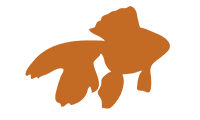
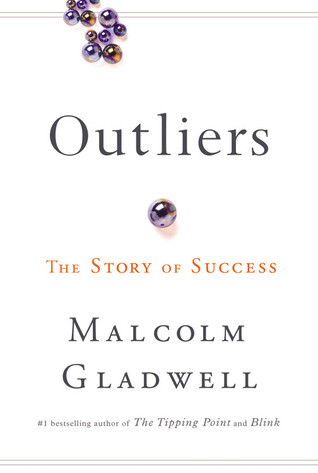

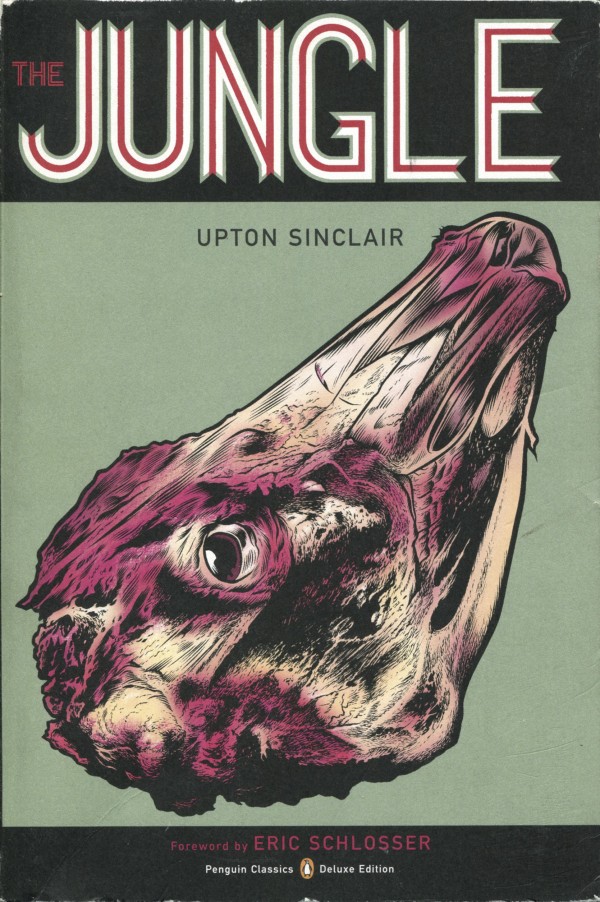

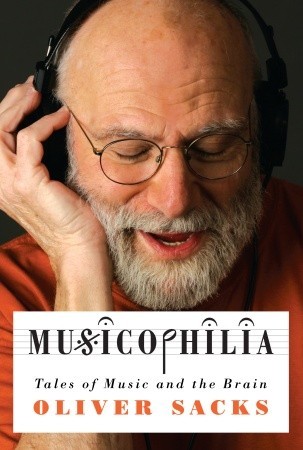



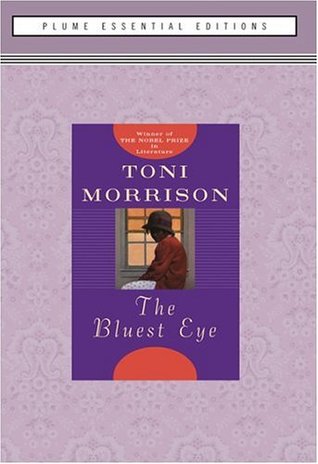

I like your fancy top ten and your explanations. 🙂